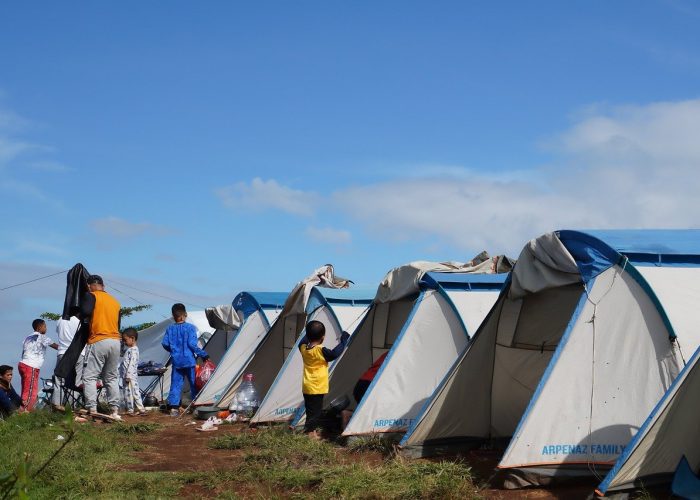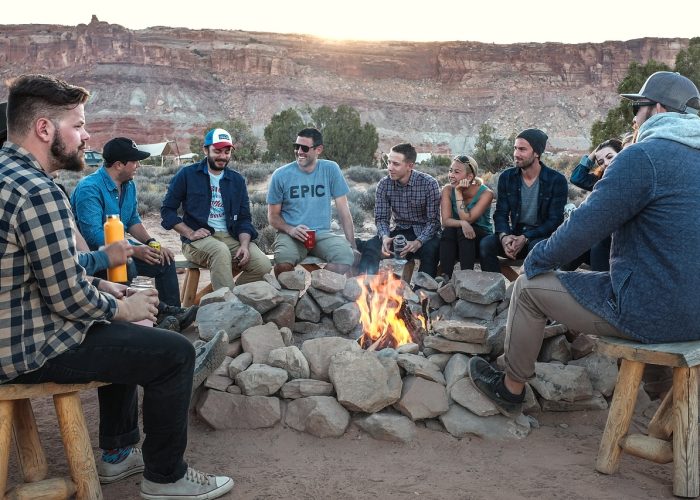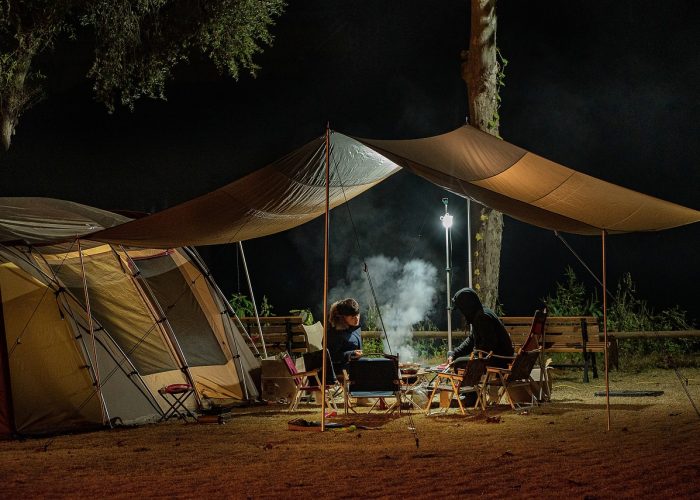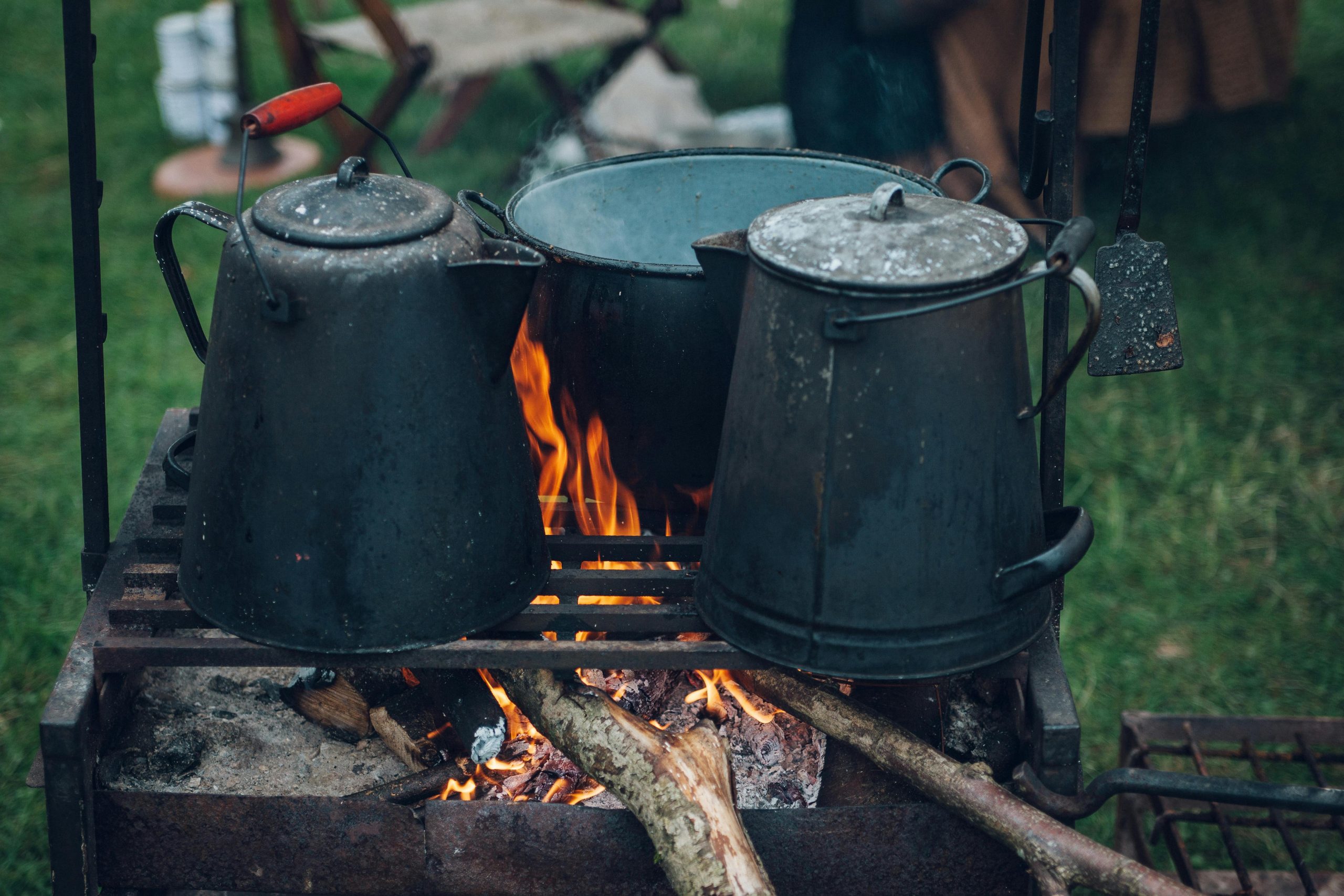Nature Walks and Scavenger Hunts
A nature walk is a great way to explore the local area and introduce kids to the wonders of the natural world. Enhance the experience by creating a scavenger hunt with items like “a feather,” “a wildflower,” or “a cool-looking rock.”
For younger children, turn it into a game of “I Spy” using colors and shapes found in nature. These interactive activities engage everyone and help kids appreciate their surroundings.




